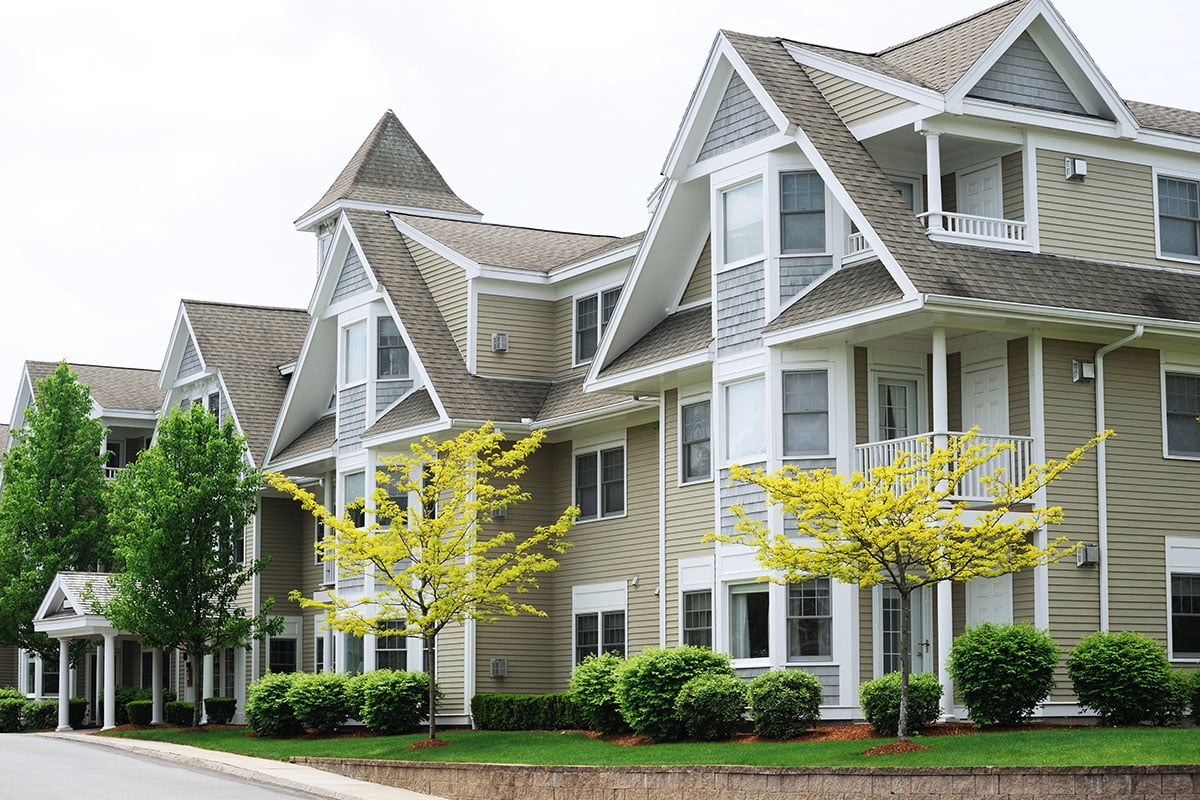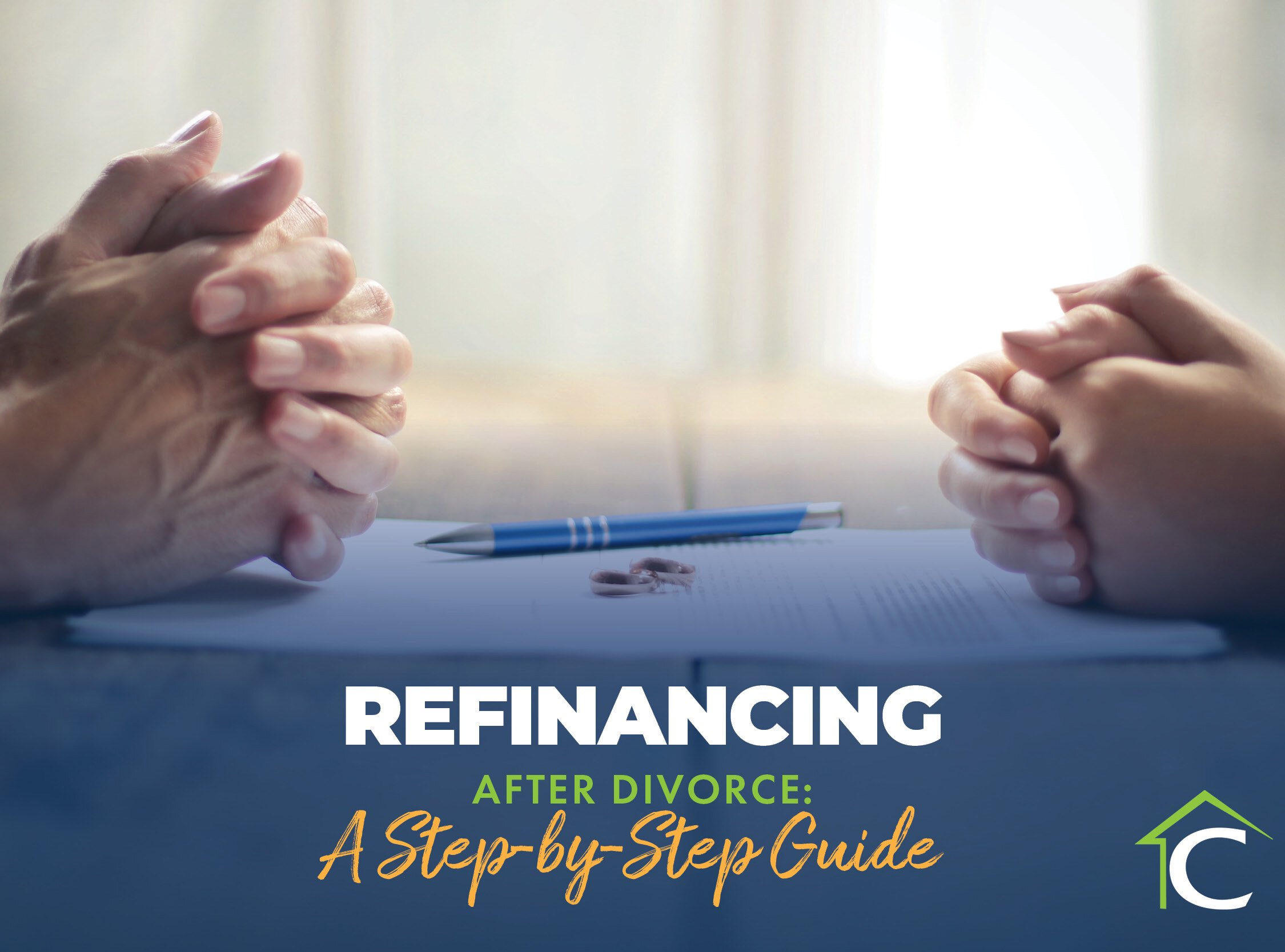
Financing options for co-op and condominium units are readily available and the market is quite healthy. Contour Mortgage guides you through these specific types of loan requests, giving you the tools you need to slide into these living arrangements when the perfect one reveals itself during the home-buying process.
Though both types of properties are well known, people often confuse one for the other. The main difference is that when you buy a condominium, you are indeed purchasing real estate property—much like if you had purchased a single-family home. But when you buy a co-op, you are in fact purchasing shares in a corporation that actually owns the physical property, receiving a proprietary lease for your unit.
Since these are different types of purchases, condos and co-ops require different financing structures.
Co-op buildings typically have a mortgage against the entire property, which is known as the underlying permanent mortgage. Under this arrangement, the monthly mortgage payments are shared by unit co-operators via monthly maintenance charges. In condominiums, each unit exists as a separate property, but common features like lobbies and hallways are owned jointly.
Learn More About the Differences Between Condos & Co-ops Directly From Contour Mortgage!

During your search for condos, you’ll find many of the types of loans available to single-family home buyers are available to condo buyers.
A standard mortgage that is insured by Fannie Mae or Freddie Mac, applying for a conventional loan for a condo requires a review of your application, the actual condo complex, and homeowner’s association (HOA) operations.
Condos are exceedingly popular for people who are looking to buy their first home—and FHA loans are an equally popular funding source. FHA loans enable borrowers to finance homes with low down payments, often as low as 3.5%. Of course, all situations are unique. In order to buy a condo with an FHA loan, you need to meet certain requirements, such as: The condo must be listed on the FHA’s approved condo list, it must be your primary residence, and only a percentage of the loan can be financed with FHA.
Co-ops are different from condos and single-family homes. As stated earlier, purchasing a co-op is actually akin to buying shares in a corporation. But to buy into a co-op you also need to be approved by the co-op board. This vetting and approval process is often extensive, and includes interviews and character references in addition to credit, employment, and financial history.
When securing a mortgage for a single-family home or a condo, you sign a deed to the lender. But individual co-op units don’t have deeds, instead, there’s one deed for the entire building. So in fact, a co-op mortgage loan is a “share loan.”
Connect with Contour Mortgage to Learn More Details About Co-op Loans!


Discover the top 10 must-try brunch spots in Nassau County, offering a variety of delicious dishes and unique dining experiences for every brunch lover.
Read More
Enjoy free summer events on Long Island, from street festivals to concerts, celebrating local music, food, and community spirit. Discover weekly highlights you won't want to miss!
Read More
Learn how to successfully navigate refinancing after divorce with our step-by-step guide. Protect your credit, understand options, and secure financial independence.
Read More
Learn how to buy out your ex’s share of the home after divorce with smart financing strategies, legal tips, and expert mortgage guidance.
Read More